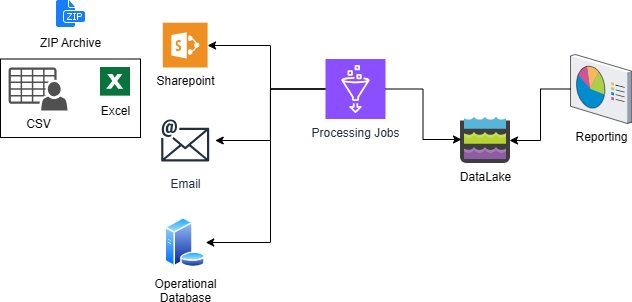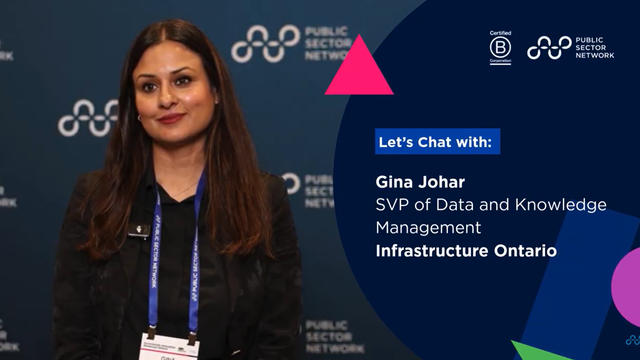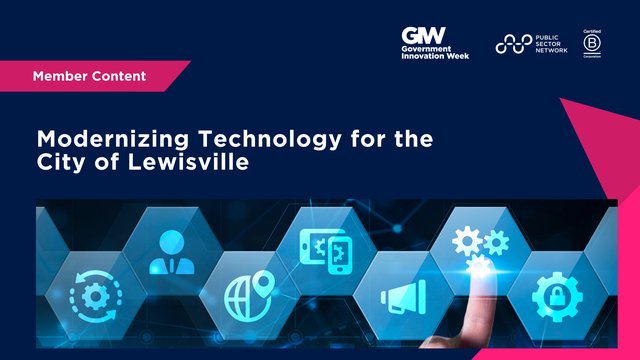
DataCents Analytics & Adjunct Professor – Data Science & Impact Measurement, Lynn University
Q1:
Please tell us a bit about what you do, how you got there, and what you love about your work?
I am currently the CEO and Chief Data Office of DataCents Analytics, LLC. My company provides three services: Fractional Chief Data Officer/data science on demand services, social impact analyses like economic impact analyses, and data monetization services with a focus on data coming from the public sector. I’m an applied economist by training, and I’ve moved back and forth between the public, private and entrepreneurial spaces.
What I love about my job is that I spend most days making people happy. There is so much data in so many different places in the public sector, but people either don’t know where to find it, or they don’t know how to drive value from it. They feel frustrated or lost. I come in, uncover and work with the data that you didn’t know you had, find the data that you need to mix in to increase the value, and provide the peace of mind that comes with knowing you made the best, most informed call that you could. People are always happy by the time I’m done.
Q2:
As a leader who has gone back and forth between the private and public sectors throughout your career, what drew you to public service? How has that evolved since the beginning of your career?
Answer:
What drew me to public service was the ability to do and work on things that benefit the general public. What’s changed for me is how I fit into that ecosystem. My skill set as a problem solver and an out-of-the-box thinker wasn’t a good fit for most permanent positions in public service, which often have a very specific purpose and focus. As a point of contrast, someone recently asked me “Do you really want to be a bumblebee? Flying around here and there, not with your feet on the ground?” The answer is yes, that’s exactly what I do best, and where I generate value that ultimately benefits the public.
Q3:
How does your current role as CEO of a data company that works with government compare to being on the government side? Have you always dreamt of establishing your own company?
Answer:
I had not always dreamt of my own company or even a specific dream for a career. I only wanted to be helpful and working on problems that were interesting. Working with public agencies and the businesses that serve them fits the bill. What I had dreamt about was teaching at a university level on some kind of course where I had real life experience and education to provide, which I am now doing with the Watson Institute at Lynn University. The kind of flexibility that I needed to do this would have been unthinkable for the kinds of positions that I held.
Q4:
Who has been a strong role model for you in your career? Can you explain why, and how, they inspired you or helped you succeed?
Answer:
Joe Fish. We were introduced intentionally, and we have been working closely together ever since. He has had an amazingly successful career with incredible leadership positions in multinationals that he helped build. On my first phone interview with him, he wrapped up the amazing call with “well I guess I better go make some food for these kids.” It instantly told me that this was someone who was not only a business role model, he cared about people and normalized talking about your kids and having boundaries and priorities. I strive to be more like him .
Q5:
What advice would you give to the younger generation of data professionals more broadly but also those within public service? What is one piece of advice you wish someone had shared with you when you were just beginning your career?
Answer:
You can’t be more emotionally invested in the programs and analyses that you perform than the decision maker. Their reasons for differing on a course of action than you’ve analyzed and recommended is going to happen. A lot. You can disagree about the reasoning, but ultimately it is not in your control. Let it go. This was a long, hard-learned lesson.
Q6:
How have your outlook and approach to your work changed in the COVID-19 era? What key lessons have you learned that you have applied?
Answer:
I was working in the public sector when the pandemic started, and like many parents of young children, I was completely crushed from all angles. Now I’m the one in control of schedules, and I am very clear about my boundaries. I’ve found that when I establish those boundaries, others are happy because they know what to expect. They’re generally respectful of them and feel comfortable establishing their own boundaries as well. Tied in with this is how a lot of working stress comes from unnecessary urgency. I’ve cut way back on that.
Also, I am much clearer on what it is that I do, and what is outside the scope of my services. Since COVID has somewhat eliminated geographic job markets, I’ve been much easier to find and work with remotely. I’m only aware of two other firms (both women-owned!) that do what I do. It means I’ve been able to really focus my efforts on doing this very niche thing that I do and doing it well for a niche customer, not on continually adjusting my offerings to meet a single local market.

Want to hear more from Stephanie & other government leaders? Join us online at the upcoming event:
Where: Online
When: Wednesday, September 28, 2022 | 12 PM - 2:50PM ET
Register now!































